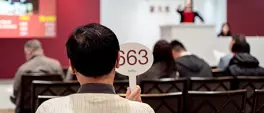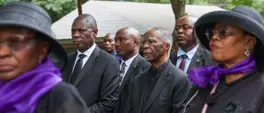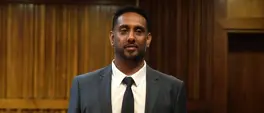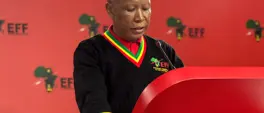Tito Mboweni still had many plans for his life, says former Joburg mayor Mpho Phalatse
Tshidi Madia
14 October 2024 | 7:50The pair met up for a lunch just two weeks ago, with Mboweni succumbing to a short illness in hospital at the weekend.
JOHANNESBURG - Former Johannesburg mayor, Mpho Phalatse, said that the late Tito Mboweni still had many plans for his life.
Phalatse said the former South African Reserve Bank governor and finance minister never saw himself as old.
The pair met up for a lunch just two weeks ago, with Mboweni succumbing to a short illness in hospital at the weekend.
ALSO READ:
• Mboweni will be remembered as a champion of continental integration, says Rwanda's Kagame
• SARB credits 'passionate central banker' Mboweni for transforming SA's economic policies
• The legacy of the late Tito Mboweni’s brown Clarks lace-up shoes
Phalatse said she remains in shock and disbelief over his passing.
The former mayor said that despite their political differences, Mboweni being African National Congress (ANC) and Phalatse being a former Democratic Alliance (DA) mayor, he was willing to assist her in navigating some of Joburg’s financial woes.
Phalatse said Mboweni wasn’t always first a politician but cared about what was right.
"He was apolitical, I often said that... I mean he was ANC. His retort will always be 'no, I am ANC' and I would say no you're not, you're apolitical and I would say that because I’d seen him stand up for what is right, even if his party was going in a different direction and that for me was attractive, that he was a man of principle."
Meanwhile, Deputy Finance Minister David Masondo, who also served under Mboweni, said that the country had lost a strategic thinker.
Masondo said Mboweni forced the government to recognise that public debt had to be at sustainable levels.
The deputy finance minister said Mboweni was concerned that South Africa was borrowing money in order to save its ailing state-owned entities (SOEs).
He insisted that we can’t continue to bail out SOEs that were not really adding value to the economy but becoming a huge liability on the fiscus and economy as a whole.













